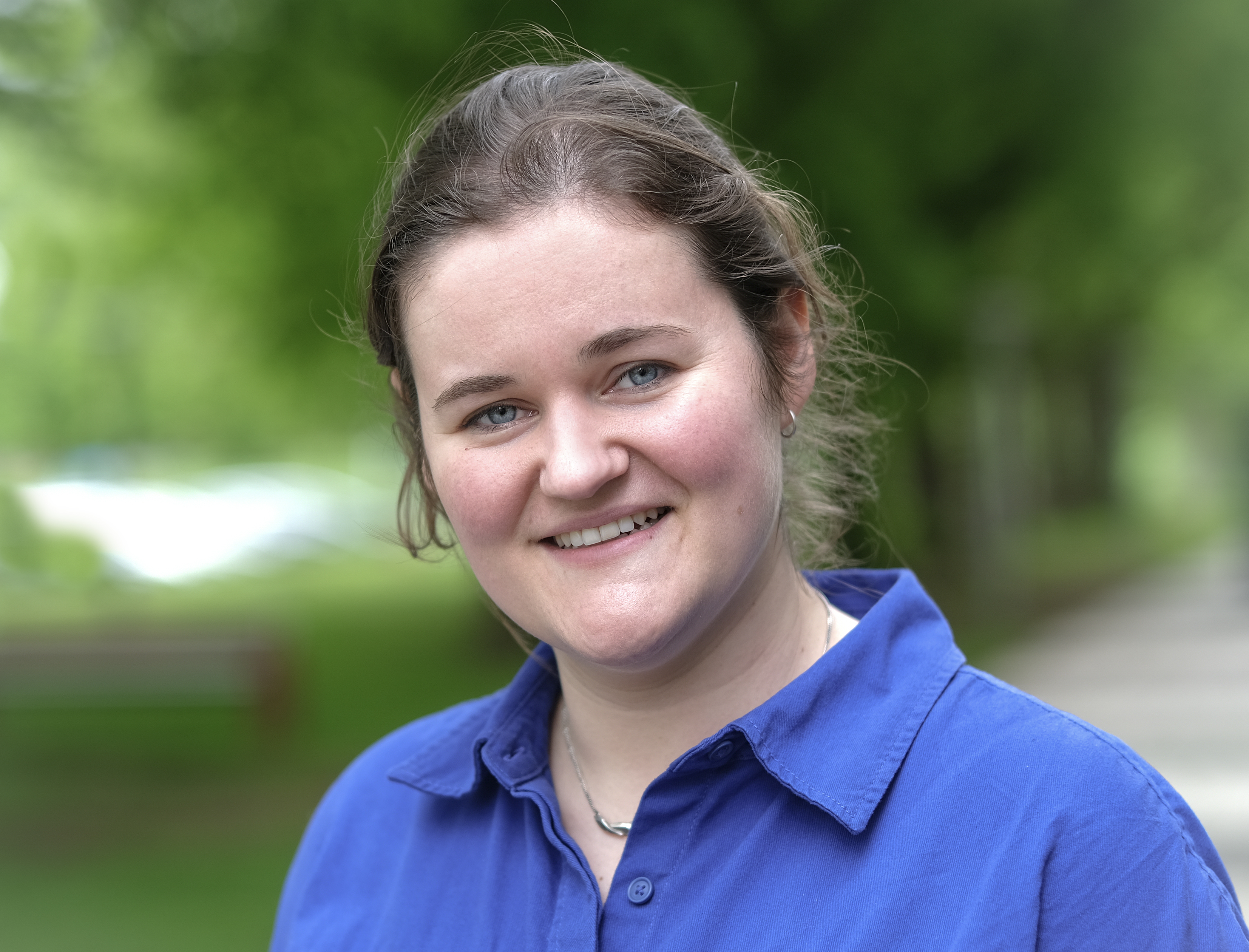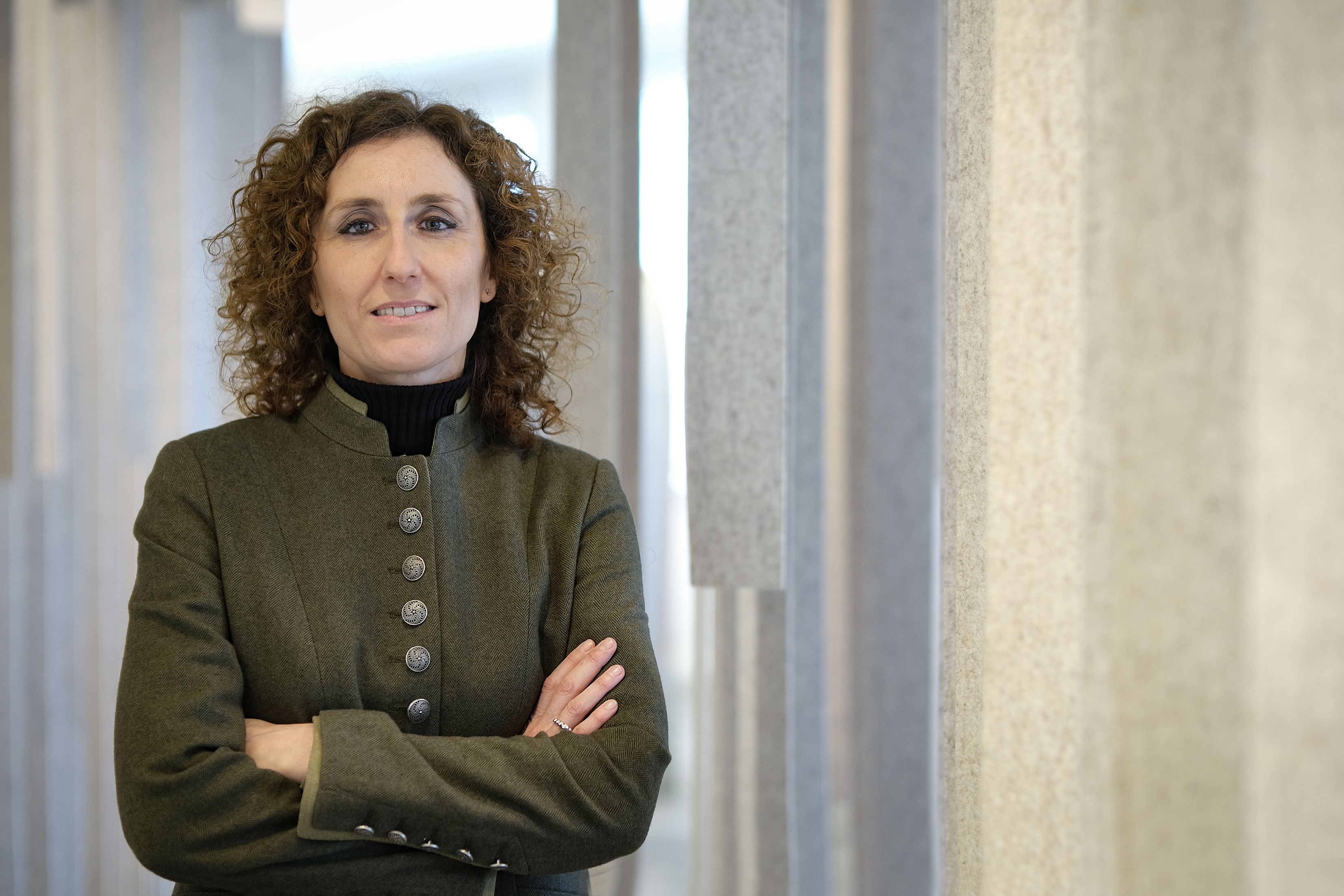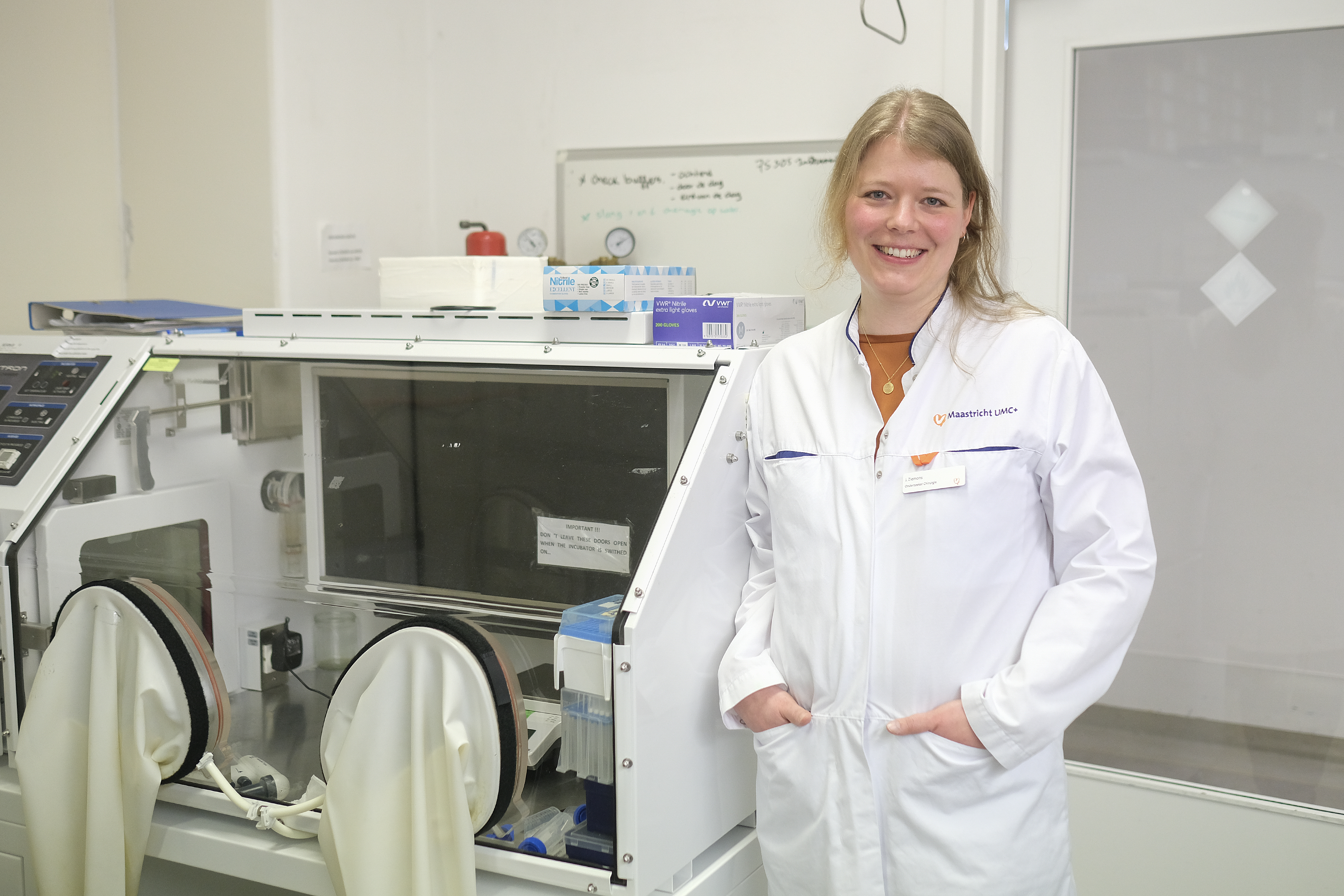Rick van Lanen: the potential role of vascular dysfunction in epilepsy
Monday 12 February was International Epilepsy Day. As epilepsy is labelled one of the most common chronic brain disorders, continuous research is needed. Rick van Lanen, resident neurosurgery at MUMC+ and PhD at the School for Mental Health and Neuroscience (MHeNs), is dedicated to bettering the lives of epilepsy patients. His research focuses on revealing epilepsy by using insights from microvascular structures in the brain and lesions visualised with Ultra-High-Field MRI.
Short circuit in the brain
Epilepsy is a short circuit in the brain caused by sudden, excessive electrical discharges. Rick: “Most epileptic attacks (seizures) occur in a specific part of the brain (focal seizures) and thus have their own symptomatic characteristics. A seizure in the speech area of the frontal lobe for example can cause temporary speaking problems. What people think of when they hear the word epilepsy; someone falling on the ground and shocking, isn’t as common as these focal seizures.
Medicinal treatment vs. surgical
Epilepsy is largely managed with medication. But often people still experience seizures despite using this medication (drug-resistant), holding a considerable risk for young children and adults. “Especially in children impairment of cognitive function, development and quality of life are often seen, and in addition aren’t always able to participate in the same activities as other children. Adults are at risk in everyday situations, such as a seizure while climbing stairs or while cycling through traffic, harbouring the risk of early death.”
When patients are drug-resistant, they are referred to one of three Dutch hospitals specialised in epilepsy surgery. MUMC+ is one of them in close cooperation with epilepsy expertise center Kempenhaeghe. “Many studies prove that surgery is beneficial over medication. However, our healthcare system isn’t capable of performing surgery on everyone with epilepsy. So, we focus our surgical efforts on those who need it most.”
Imaging techniques mark the spot
Rick uses the Ultra-High Field MRI at Scannexus for better surgical results. “This super strong MRI can visualise and localise abnormalities in the brain with high resolution. If neurosurgeons know where the epilepsy lesion is located, they can remove exactly that part with a greater chance of postoperative seizure freedom for the patient.
The paradigm shift in pathophysiology
Traditional research in epilepsy centers around neurons. Recently, research started focusing on the potential role of vascular dysfunction in epilepsy. “It was noticed that people with epilepsy have more vascular conditions. We now hypothesise that there is a link between neural dysfunction and dysfunction of blood vessels. That link can create an epileptic network in the brain.”
To support the hypothesis, Rick and his team use a Sidestream dark field Imaging camera (example clip next to this paragraph) to look at the smallest blood vessels in the brain and compare the results between people with and without epilepsy. One of the results is a greater amount of small blood vessels in patients with epilepsy. These small vessels do not regulate blood flow properly and show a blood-brain barrier leak, contributing to seizures and epilepsy.
A neurosurgeon first and foremost
Rick studied both the bachelor’s and master’s programmes in Medicine at Maastricht University with a passion for becoming a neurosurgeon. “I’m almost finished with my PhD, which I started voluntarily in my free time, because research on epilepsy intrigues me and helps me to become a better surgeon. After my PhD, I still want to continue with research because I want to contribute to improve current surgical treatments and maybe pave the way for future new treatment options for epilepsy.”
Also read
-
As a patient in a hospital, you see many different faces at your bedside every day: a nurse measuring your blood pressure, a doctor or nurse practitioner informing you about the care plan, and a nutritionist providing you with the right food and drinks. Although all these caregivers have their own...
-
Berta Cillero Pastor is an Associate Professor and group leader at the MERLN Institute for Technology-Inspired Regenerative Medicine. Her research is centred around mass spectrometry (imaging) to gain insights into molecules in cells and tissues for biomedical research. With this technique, changes...
-
On February 8, 2024, Ziemons received her PhD from Maastricht University for the dissertation “The role of the gut microbiota in human cancer, the power of an equilibrium". This dissertation is the result of Ziemons' research on the role of the microbiota in cancer – colorectal cancer but also...



